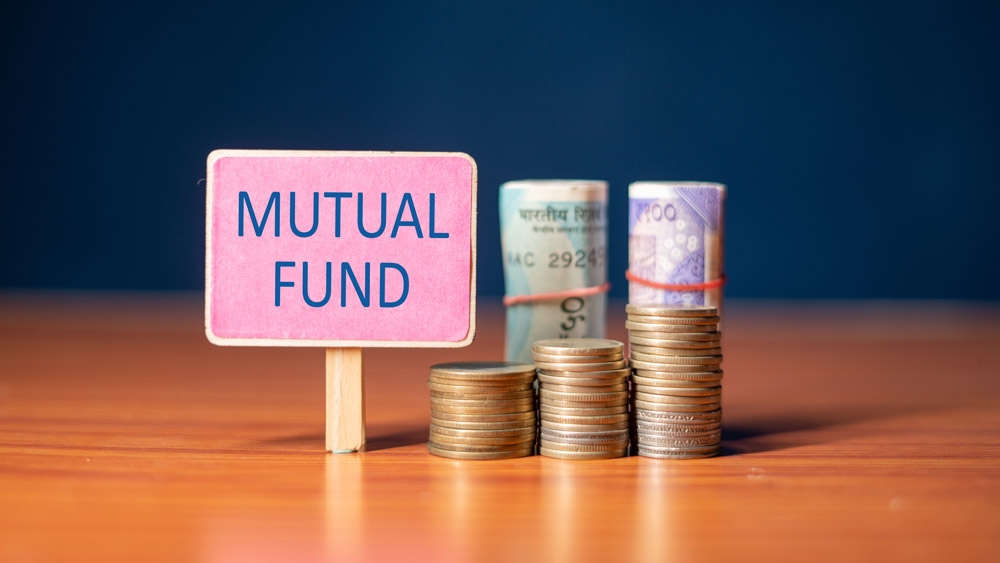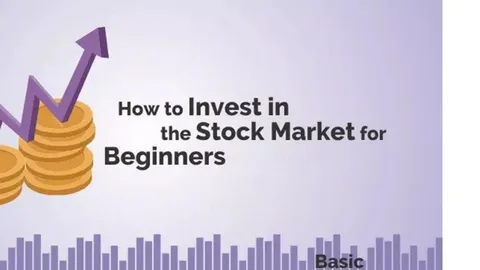How to Invest in Foreign Markets for Beginners
International markets provide an opportunity to increase the diversification of your portfolio and take advantage of the growth of different economies. International investment for first-timers may seem complex and scary due to a lack of understanding of the laws, currencies, and risks involved. But, with proper understanding and strategy, investing in foreign markets can be a good idea that enhances your financial portfolio.
In this article, we will provide you with the key steps beginners can take in investing in foreign markets, with some knowledge on avoiding risks and increasing profits.
International Markets Definition
Investing will be easier if there is a working knowledge of the market in which one is investing, in this case, foreign markets. Financial markets in use are external to your country, and the instruments that are traded include stocks, bonds, and commodities, among other securities. The trade is done in various currencies of selected countries as determined by the specific economic situations and policies that govern them. Investing in these regions increases the variety of industries and regions to which you are exposed, as well as the growth opportunities that you are exposed to.
Perks of investing in overseas markets
Investing in foreign markets pushes one into diversification, which is one key benefit. By ensuring you have investments in several countries, you are sheltered against slumps that may occur in your country. Also, some markets outside the domestic market can be more lucrative than the domestic one, especially when targeting countries with new and growing industries. In addition, foreign markets present the chance to invest in the best sectors in terms of development, such as technology, health and renewable energy, which may be underdeveloped in one’s home country.
Pitfalls/Challenges of investing in overseas markets
There are many advantages when one invests in foreign countries, but one has to appreciate the challenges of this type of investment. For starters, fluctuations in the currency, political issues, and regulation differences tend to affect the performance of foreign investments. Foreign markets might also have varying liquidity levels, making getting in and out of assets more challenging. These are vital facts for enthusiasts so they are not blindsided when making choices.
What you should know before starting off
Before opening an account for overseas investments, careful planning and appropriate research need to be done. Many innovative strategies can be employed to reach international markets, including their pros and cons. Unfortunately, not many people understand these strategies, so they make the wrong decision. Don’t worry; we are here to help.
Purchase International Shares
The easiest way to enter into international markets is through international stocks, by purchasing shares of foreign companies that are publicly traded. Many larger brokerage firms specialize in providing full international electronic stock trading services, which enables an investor to buy dollar-denominated international stocks while residing in his country. However, you must comply with the rules and pay fees to work with foreign stock exchanges.
Investing in exchange-traded funds (ETFs)
Exchange-traded funds (ETFs) are hassle-free international stock investments and are preferred to foreign stocks by many investors who find buying individual stocks too complicated or risky. ETFs are those investment funds that include a collection of assets such as stocks, bonds and other assets in different countries. When you prefer an international ETF, you can invest in various global markets simultaneously with a single order. Because purchasing ETFs is less expensive and risky than investing in single stock purchases, they are suited for beginners.
Mutual Funds

Historically, mutual funds have served as an appealing investment opportunity for novice investors, allowing them to invest in international markets without concern. Remember that, like ETFs, mutual funds engage in the aggregation of money from several investors to acquire an investment portfolio that is made up of foreign securities. Several mutual funds target a more specific region or a country, with the most common being global funds, making it easy for investors to penetrate foreign markets and economies. Additionally, the fact that opportunities in mutual funds are professionally managed in the sense that micro and macro decisions are taken on behalf of the investors is an advantage, especially for investors looking for a passive form of investing.
American Depositary Receipts (ADRs)
Also, for novice investors who don’t want to navigate offshore currency markets, there are American Depositary Receipts (ADR). In simple words, ADRs are certificates of ownership of foreign companies’ shares issued by US banks. To some extent, they are a simplified method of investment in non-American companies’ shares for investors based in the US by enabling the exchange of such shares on US stock exchanges.
Make a Commitment to Developing Markets
Emerging markets are countries with developing economies and rapid growth. These markets offer a high potential for returns but have greater risks stemming from underdeveloped economies, a certain degree of regulation, and currency risks. If elevating your risks for a better return on investment is reasonable, you should consider developing markets as a viable option.
Foreign Bonds
Aside from equities, one can diversify and put capital into overseas bonds. These are regarded as debt instruments issued by governments or private corporations. If investing in foreign bonds, you are essentially providing a loan to another country while receiving interest on a scheduled basis. Some foreign bonds may even yield higher than their domestic counterparts, especially from nations with high volatility in interest rates. However, caution should also be exercised since foreign exchange risks and inflation may threaten the value of your bond investment overseas.
Currency Risk and Forex Trading
Outside the domestic markets, investors willing to take a little more risk can opt for currency trading or Forex and invest even further in international markets by trading currencies. Investors look to currencies in the Forex market and arrange to buy and sell to earn when rates change at subsequent time intervals. It is imperative to note that currency trading goes hand-in-hand with vast appreciation and depreciation in the market, which requires a link to a broader understanding of global and national markets.
International Real Estate
Acquiring foreign real estate is another way of generating income through rental properties and benefiting from appreciating property values. For instance, international real estate can add more diversification to your property portfolio and serve as an inflationary hedge in your country of residence. Of course, investing in overseas property also has its challenges, including legal and tax requirements and management of the property from afar.
Diversify with Regional Investments
Another strategy to alleviate risk when investing in foreign countries would be investing in different regions. Rather than placing all your investments in one market or a country, it’s better to distribute them between several regions. This strategy reduces the portfolio exposure risk due to a recession in that region or a major political upheaval.
Research Foreign Markets Thoroughly
Before any form of investment into foreign markets, thorough research must be carried out. Assess the economic state, political environment and prevailing market conditions in the countries that interest you. Some industries are projected to expand, and investigating them will help provide investment opportunities.
Get an understanding of tax consequences
As per my understanding, international investment tax laws are usually confusing since alternating rules can be encountered in different jurisdictions. For instance, tax withholding on dividends or capital gains can be implemented by an overseas investor’s country, which lowers the returns. From any perspective, it is advised to be aware of the tax impact of foreign investments and to seek assistance from a tax specialist to ensure the domestic and foreign rules are strictly followed.
Keep an eye on exchange habits
Investing in a foreign market has one of its most prevalent risks: currency exchange risk. No matter how bullish the perspective of your investment is, exchange rate changes have the likelihood of affecting the returns. The situations can be avoided by hedging against the currency exchanges by investing in hedge funds, amongst other risk-free financial instruments.
Employ the services of an expert.
Foreign markets can be considered a virgin territory for most investors, especially beginners, making it all the tougher for them to invest there. These complexities and barriers can be crossed more easily with active consultation from professionals such as investment advisors or financial advisors concerning international investment. As such, for instance, the various risks can be spread with the help of a financial advisor who helps formulate an investment policy in line with investors’ appetites and goals.
Conclusion on How to Invest in Foreign Markets for Beginners
Participating in offshore markets has its share of opportunities for diversification, enhancing returns and growth. Investing in international equities, ETFs, ADRs, bonds, etc., can help investors construct an international portfolio. The risks involved, including risks of currency changes, political changes, and other regulatory changes, remain a highly important consideration. Newcomers need to be well-read, spread out their investments, and consult experts to bring around the changes required in the foreign markets and build a better economic future.



